My journey as a scientist or better as a science worker started with a single conscious decision in 1993 when I decided to leave the MBBS course (the financial support for the study was provided by a well-wisher considering my poor family background) and opted to study science. That was the era when general perception for study in medicine was high and students preferred to join MBBS or engineering courses.
It was a risky decision since the chances of failure were quite high, but fortunately, it turned out to be a rewarding experience. I travelled a lot in pursuit of knowledge from a remote place where there was no approaching road to reach my village, no electricity, and at a time when many of my contemporary left schools and colleges during the famous Assam movement.
A Long Way to Go
The journey is only half-complete, and I am currently moving on that path. It would be unjust to talk about accomplishments, but what we strive to achieve is to re-establish the importance of university research in the Indian context. When we talk about the Indian higher education sector, the public perspectives on universities were poor until a decade back.
IISc, IITs, IISERs, IIMs, and some other central institutes are still the preferred choice and for obvious reasons, they are placed at the top of the pyramid, while universities occupy the bottom. We endeavour to bring the buzzword back on Indian university research, if possible, bringing back on the top of the pyramid, at least if we could succeed in bringing some of the oldest universities to the limelight against the existing general perception. That’s what will be the accomplishment if we could contribute a little and our effort is only half-done.
Every country has its own life cycle, which repeats at a certain gap in time. India too had a glorious past, but the cycle repeated again in 1947 and it has currently entered into the golden era of ‘youth’. It is evident that India has youthful possibilities and unending opportunities. We have also made tremendous progress in the field of science and technology. For example, India has handled the Covid-19 pandemic effectively under the able leadership of an honourable prime minister within a very short period with the help of a robust scientific knowledge ecosystem.
However, the ‘changes’ are taking place at a faster rate worldwide and the society needs to adapt accordingly for sustaining the pace of that change. Minor hiccups are anticipated in the process, which can easily be overcome with proactive governance.
I am grateful to my mentor Prof. K. Vijayamohanan Pillai, former director and acting director of CECRI and NCL, respectively and currently a Professor at IISER, Tirupati for introducing me into the wonderful world of Nanoscience and Nanotechnology. He is a great teacher too and inspired me to study the work and biographies of renowned Indian scientists like C. V. Raman, Homi Jehangir Bhabha, Salim Ali, Meghnad Saha, Har Gobind Khorana, Prafulla Chandra Ray, Srinivasa Ramanujan, Subrahmanyan Chandrasekhar, Jagadish Chandra Bose, Satyendra Nath Bose, and Vikram Ambalal Sarabhai. We should read their stories along with the teachings of the spiritual guru Swami Vivekananda.
Practicing a Scientific Mind
Spirituality and science both strive to find the ultimate truth of life and they become identical at a certain point but their approaches to reaching that ultimate truth are different. It is important to have a scientific mind to address all our problems, but we also must add value to that understanding by associating ourselves with spirituality.
Recently, the significance of spirituality has increased manifold, especially we anticipate many Covid-19 like situations in future because of the directionless endeavour by countries to dominate the world order with the help of science and technology. India with her vast knowledge and experience in spirituality since the times known along with the renewed supremacy in science and technology must guide in current and future potential conflicting world.
Dr. Jadab Sharma is an Assistant Professor at Centre for Nanoscience and Nanotechnology, Panjab University. Formerly, Senior Scientist Cookson India Research Centre Pvt. Ltd, Bangalore.


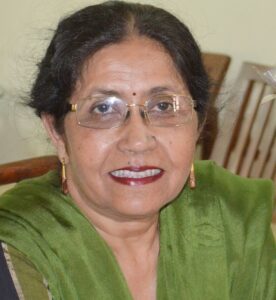
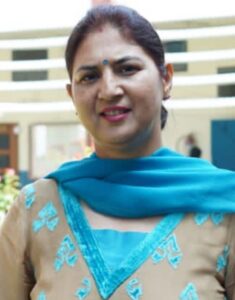
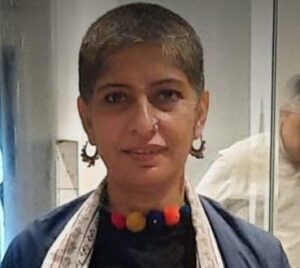
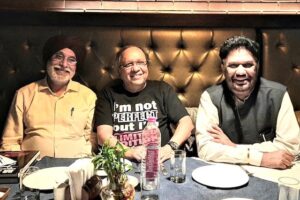
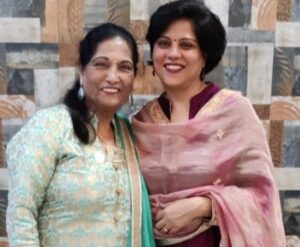
Comments are closed.